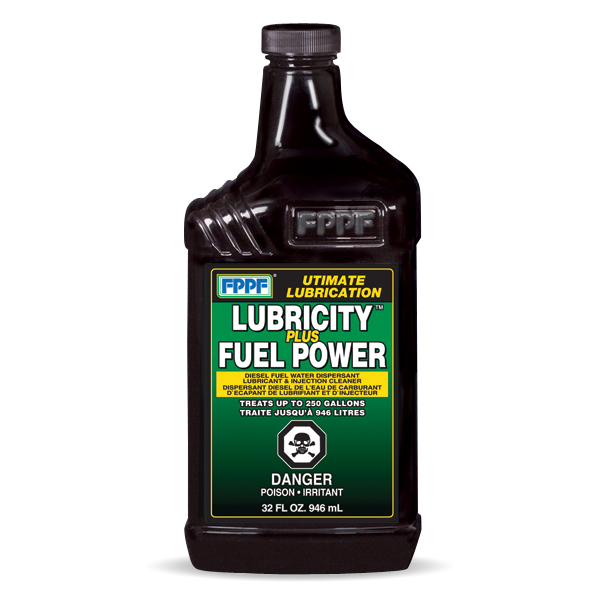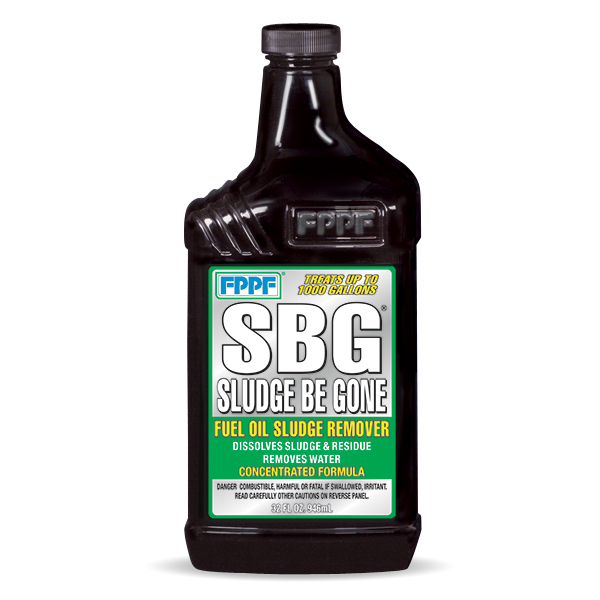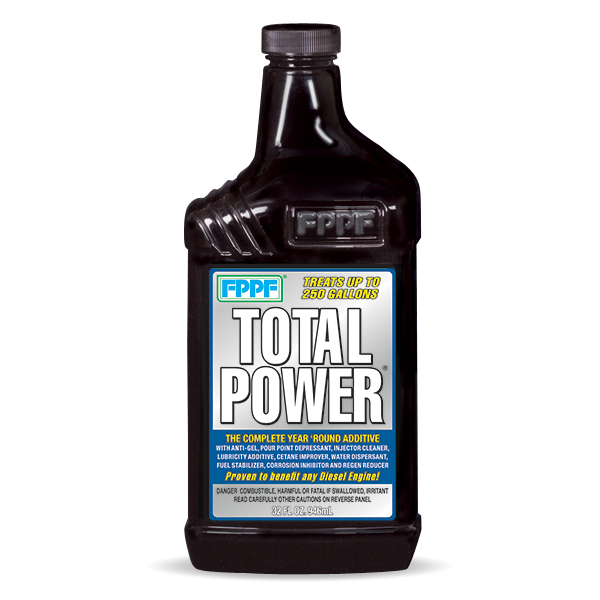fuel additive Company

Fuel Treatments: Maximizing Engine Performance in the United States
In the United States, vehicles are integral to everyday life, and maximizing engine performance is paramount. One effective way to achieve this goal is using fuel treatments. Fuel treatments are specialized additives that enhance fuel quality, improve engine efficiency, increase power, and reduce emissions. In this blog post, we will explore the benefits of fuel treatments and how they can enhance engine performance for motorists across the United States.
Understanding Fuel Treatments
Fuel treatments are chemical additives mixed with gasoline or diesel to enhance the fuel’s performance characteristics. These additives combine detergents, stabilizers, corrosion inhibitors, and lubricants, which work together to improve fuel quality and address common issues. The primary functions of fuel treatments include:
- Fuel System Cleaning: Deposits can accumulate over time in fuel injectors, valves, and intake systems, reducing engine performance. Fuel treatments contain detergents that effectively clean these deposits, restoring fuel system efficiency.
- Improved Combustion: Fuel treatments enhance the combustion process by optimizing the fuel-air mixture, resulting in complete fuel burning and increased power output.
- Corrosion Protection: Fuel treatments contain corrosion inhibitors that protect fuel system components, such as fuel lines and tanks, from rust and corrosion caused by moisture in the fuel.
- Fuel Stability: Fuel treatments stabilize power by preventing oxidation and degradation, which can occur when energy is stored for extended periods. This ensures that the fuel remains fresh and performs optimally when consumed.
Benefits of Fuel Treatments
Fuel treatments offer several benefits to vehicle owners in the United States. Let’s explore some of the key advantages:
- Enhanced Engine Performance: Fuel treatments can enhance engine performance by addressing fuel-related issues and improving combustion efficiency. This results in improved acceleration, smoother operation, and increased power, benefiting everyday commuters and performance enthusiasts.
- Increased Fuel Efficiency: Fuel treatments optimize the fuel-air mixture, allowing the engine to extract more energy from each drop of fuel. As a result, vehicles experience improved fuel efficiency, reducing the frequency of refueling and overall fuel expenses.
- Reduced Emissions: Clean combustion enabled by fuel treatments reduces emissions of harmful pollutants, such as nitrogen oxides (NOx) and carbon monoxide (CO). This helps in meeting environmental regulations and promotes cleaner air quality.
- Fuel System Protection: The detergents in fuel treatments prevent the buildup of deposits in the fuel system, ensuring the longevity and optimal performance of components like fuel injectors and valves. Corrosion inhibitors protect against rust, preserving the integrity of fuel system parts.
- Cold-Weather Performance: In regions with colder climates, fuel treatments can prevent fuel line freeze-ups by lowering the pour point and improving fuel flow. This is particularly important for diesel vehicles that face challenges in low-temperature conditions.
- Storage Stability: Fuel treatments are crucial in maintaining fuel quality during long storage periods, such as for seasonal equipment or classic cars. By preventing oxidation and degradation, they help keep the fuel fresh and ready for use.

How Fuel Treatments Maximize Engine Performance?
Fuel treatments are a popular method to maximize engine performance in the United States. These treatments improve the quality and stability of gasoline, diesel fuel, or ethanol blends. Fuel treatments can be added directly to the fuel tank and work to clean the fuel injectors, reduce emissions, and improve fuel efficiency.
One of the main benefits of using fuel treatments is that they help keep engines running smoothly by reducing buildup and deposits that can clog fuel injectors. This not only improves engine performance but also extends the machine’s life. Additionally, fuel treatments can help reduce harmful emissions, making them an eco-friendly choice for vehicle owners.
Another advantage of fuel treatments is that they can save drivers money at the pump. By improving fuel efficiency, drivers can get more mileage out of each tank of gas or diesel, ultimately saving them money in the long run. Fuel treatments are a cost-effective way to maintain and improve engine performance while being environmentally conscious.
Choosing the Right Fuel Treatment
Selecting the appropriate fuel treatment requires considering several factors:
- Fuel Type: Determine whether you need gasoline or diesel fuel treatment, as the requirements and formulations can differ.
- Goals and Needs: Assess your specific requirements, such as improving fuel economy, reducing emissions, or enhancing engine power, and choose a fuel treatment that aligns with those goals.
- Reputation and Quality: Research reputable brands with a record of producing high-quality fuel treatments. Look for products that meet recognized industry standards.
- Compatibility: Ensure the fuel treatment matches your vehicle’s engine and fuel system components. Manufacturers often provide compatibility information for their products.
- Usage Instructions: Read and follow the instructions provided by the fuel treatment manufacturer regarding dosage and frequency of use. Overuse or improper application may have adverse effects.
The Impact of Fuel Treatments on Emissions and the Environment
In the United States, the implementation of fuel treatments has emerged as a crucial strategy for mitigating emissions and protecting the environment. These treatments involve modifying or adding substances to conventional fuels, resulting in cleaner and more efficient combustion. The impact of fuel treatments is multi-faceted, addressing environmental and public health issues. By reducing harmful pollutants such as particulate matter, nitrogen oxides, and sulfur dioxide, fuel treatments improve air quality and reduce respiratory health risks. Additionally, the use of cleaner fuels has the potential to curb greenhouse gas emissions, playing a pivotal role in the fight against climate change. With ongoing advancements in fuel treatment technologies, the United States continues to pave the way toward a greener and more sustainable future.
Tips for Properly Applying Fuel Treatments
When applying fuel treatments in the United States, there are several tips to keep in mind to ensure proper and practical application. Fuel treatments reduce the risk of wildfires and promote healthier forest ecosystems. Here are some tips:
- Understand local regulations: Familiarize yourself with federal, state, and local laws governing fuel treatments in your area. Different regions may have specific requirements and guidelines, so adhere to them.
- Consult with experts: Seek advice from forestry professionals, fire managers, or local agencies specialized in fuel treatments. They can provide valuable insights and recommendations based on the unique characteristics of your area.
- Identify treatment objectives: Determine the specific goals of your fuel treatment, such as reducing fuel loads, promoting forest health, or mitigating wildfire risk. Clear objectives will guide your application approach.
- Conduct site assessments: Assess the site conditions, including vegetation types, fuel characteristics, topography, and environmental factors. This information will help you select the most appropriate fuel treatment methods.
- Choose the proper treatment methods: There are various fuel treatment methods available, such as prescribed burning, mechanical thinning, and herbicide application. Select the plan that aligns with your objectives and site conditions. Consider factors like vegetation density, fuel moisture, and accessibility.
- Consider timing and weather: Timing is crucial for effective fuel treatments. Plan treatments during favorable weather conditions, such as lower wind speeds, higher humidity, and cooler temperatures. This will help minimize the risk of unintended fire spread and maximize treatment effectiveness.
- Use proper equipment and techniques: Ensure you have the appropriate equipment and tools for the chosen treatment method. Follow best practices for application techniques, whether it involves prescribed burning, mechanical treatments, or chemical application. Safety should be a top priority.
- Monitor and evaluate: Regularly monitor the treated areas to assess treatment effectiveness and make any necessary adjustments. Evaluate the results against your objectives to determine if further treatments are required.
- Collaborate with the community: Engage with local communities, landowners, and stakeholders to ensure transparency and gather support for fuel treatments. Collaboration can enhance the effectiveness and acceptance of these efforts.
- Maintain records: Keep detailed records of your fuel treatment activities, including the methods used, dates, locations, and any observed outcomes. These records will be valuable for future planning, reporting, and information sharing.
Conclusion
In conclusion, fuel treatments are vital in maximizing engine performance and ensuring optimal efficiency in the United States. FPPF Chemical Company is a leading provider of high-quality fuel treatment solutions, offering innovative products that enhance fuel combustion, prevent engine deposits, and improve overall engine health. By incorporating FPPF’s fuel treatments into your maintenance routine, you can experience increased fuel economy, reduced emissions, and prolonged engine life. To learn more about their exceptional products and how they can benefit your vehicle or fleet, I highly recommend contacting FPPF Chemical Company directly. Trust FPPF to take your engine performance to new heights and keep your cars running smoothly for years.
